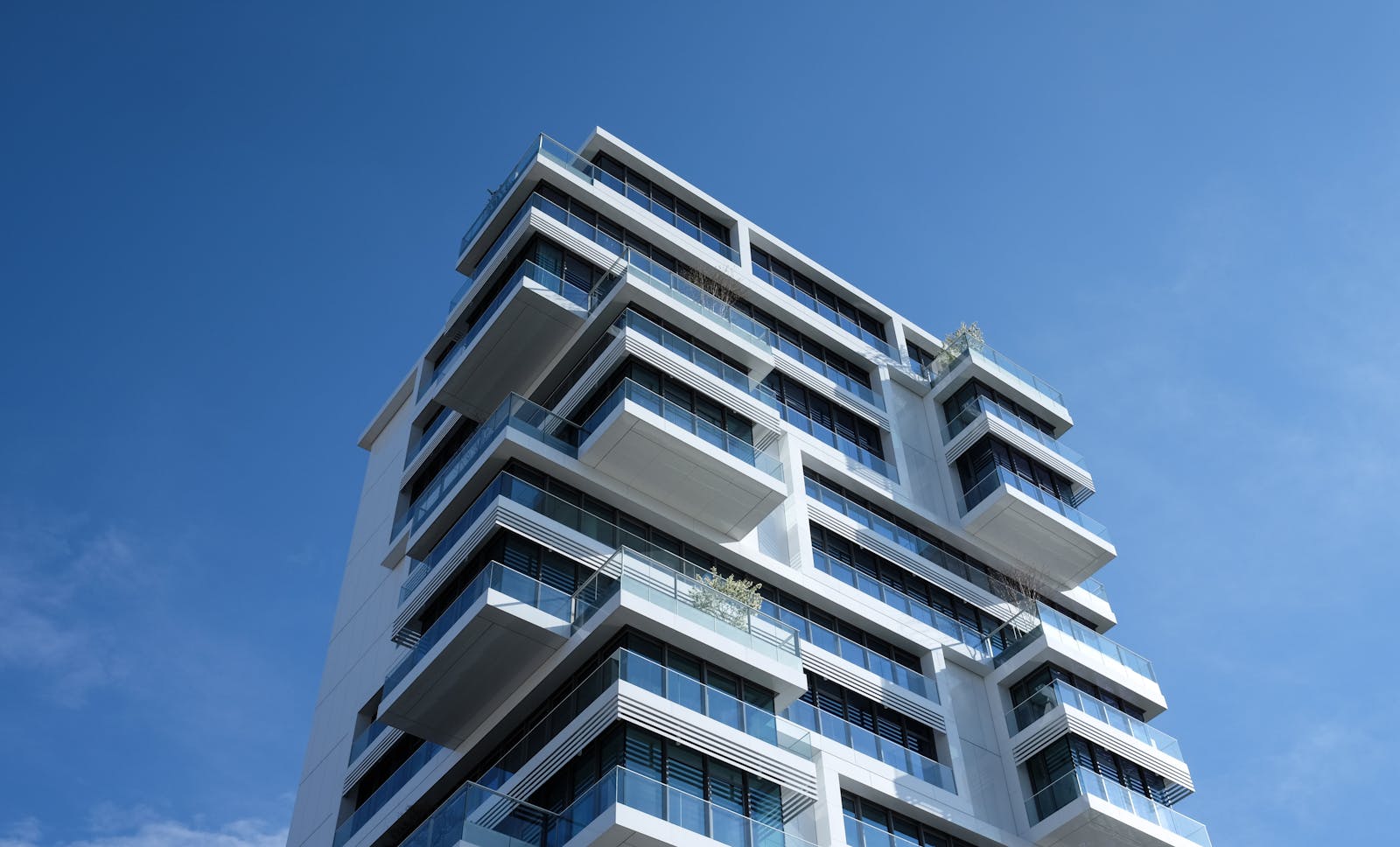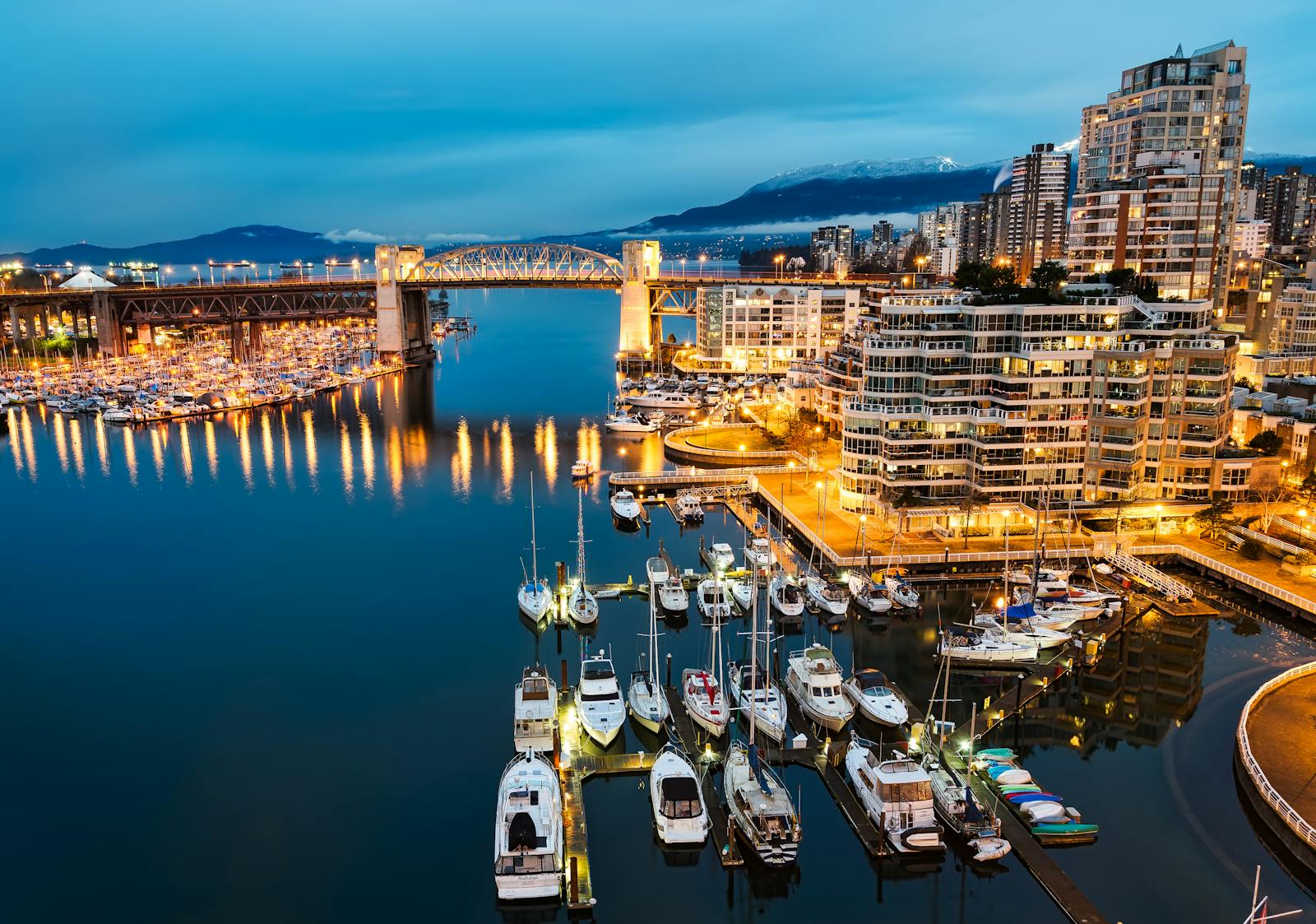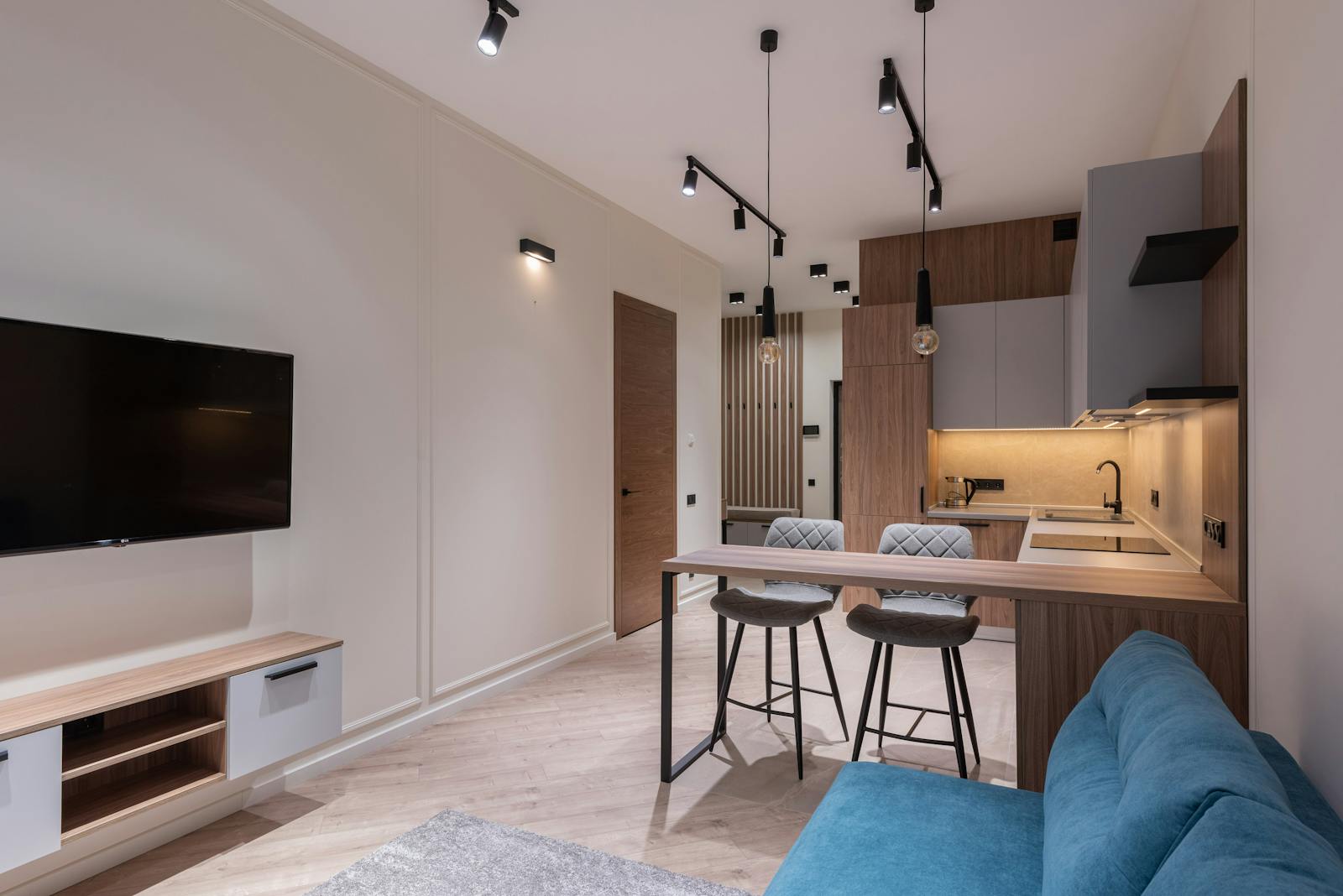As a real estate professionals who have guided countless clients through Vancouver's ever-evolving property landscape, we've witnessed firsthand the rollercoaster that is our presale condo market. With 2025 bringing new economic realities and shifting urban dynamics, it's more important than ever to understand both the potential rewards and the very real risks of buying a home before it's built.
The Upside: Why Presales Still Attract Buyers
Price Protection in a Rising Market
One of the most compelling advantages of purchasing a presale is locking in today's price for tomorrow's property. In Vancouver's traditionally appreciating market, the value of your investment may increase significantly by completion date—sometimes 2-4 years away. This means you could potentially move into a home worth substantially more than what you paid.
Customization Opportunities
Buying early often means more choices in finishes, layouts, and sometimes even structural elements. Many developers offer purchasers the ability to select flooring, cabinetry, and fixtures—giving you a more personalized home without the hassle of renovation.
Lower Initial Investment
The deposit structure of presales (typically 15-25% spread over the construction period) allows buyers to enter the market without immediately securing full financing. This staggered approach can be particularly beneficial for first-time buyers saving toward homeownership.
Newer Everything
There's something undeniably appealing about being the first occupant in a home with brand-new appliances, fixtures, and systems. New buildings also incorporate the latest building codes, energy efficiency standards, and often smart home technologies.
The Downside: Risks That Deserve Serious Consideration
The Completion Uncertainty
Perhaps the most significant risk in 2025's market is the uncertainty surrounding completion. With ongoing supply chain issues, labor shortages, and economic volatility, many developments are experiencing substantial delays. Some projects initially slated for 2023-2024 delivery are now pushing into 2026 and beyond.
Changing Financial Landscape
When you purchase a presale, you're committing to secure financing based on future circumstances. Interest rates could be dramatically different by completion, and your own financial situation might change. Qualifying for a mortgage now doesn't guarantee approval when the building completes.
The Speculation Tax Factor
B.C.'s speculation and vacancy tax continues to evolve, potentially affecting investors who purchase presales intending to flip or rent them out. Current rules may change by the time you take possession, altering the financial equation of your investment.
The Developer Risk
Not all developers are created equal. The past few years have seen several high-profile project cancellations or significant changes to promised amenities. Some buyers have found themselves in legal battles or simply out of luck when developers either couldn't complete projects or substantially altered plans.
Market Shifts
Vancouver's market has historically trended upward, but there's no guarantee this will continue. If market conditions deteriorate between purchase and completion, you might find yourself with a mortgage commitment on a property worth less than what you agreed to pay—and with no option to renegotiate.
Navigating the Decision in 2025
The current presale market requires a particularly careful approach. Here's what I recommend to my clients:
Research the developer thoroughly - Track record matters more than ever. Look for completed projects, talk to residents, and investigate any history of delays or litigation.
Read the fine print - Every word of your purchase agreement matters. Pay particular attention to completion date ranges, developer's rights to make changes, and what happens in case of substantial delays.
Budget conservatively - Plan for higher interest rates than current ones, increased strata fees from initial estimates, and potential additional costs at completion.
Consider your timeline - If you need housing certainty in the next 2-3 years, a presale with today's uncertain completion schedules may not be your best option.
Location still rules - Properties near transit, especially along the Broadway expansion and other infrastructure improvements, continue to show better appreciation potential.
The presale condo market in Vancouver remains a viable path to homeownership or investment for many, but 2025's unique challenges demand an extra layer of caution and due diligence. Working with experienced professionals who understand both the market's history and its current dynamics can help you navigate these complexities and make a decision that aligns with your long-term financial and lifestyle goals.
Remember: the shiny showroom is designed to sell you a dream, but it's my job to help you understand the reality—both the potential rewards and the very real risks of buying tomorrow's home with today's dollars.







